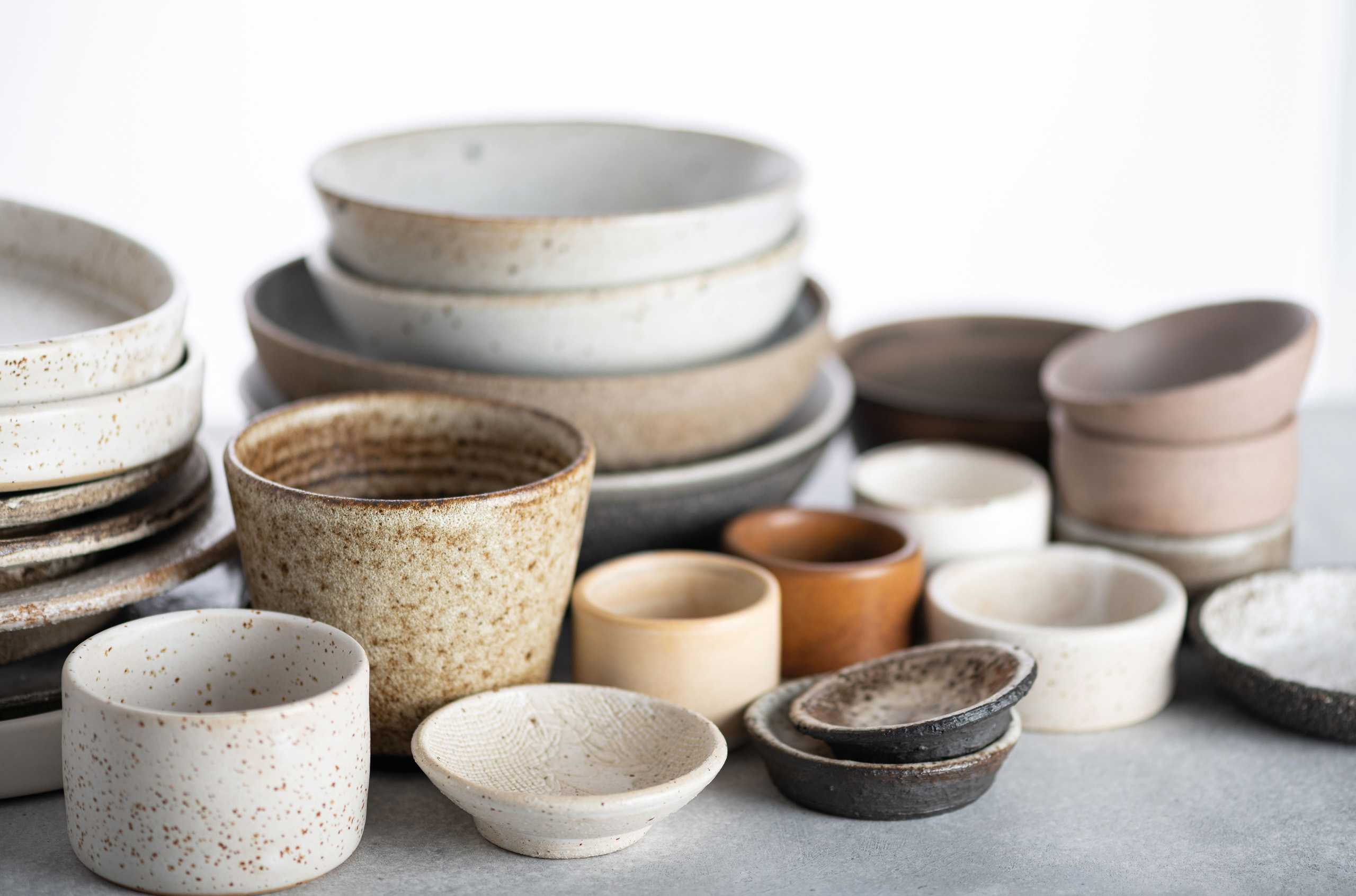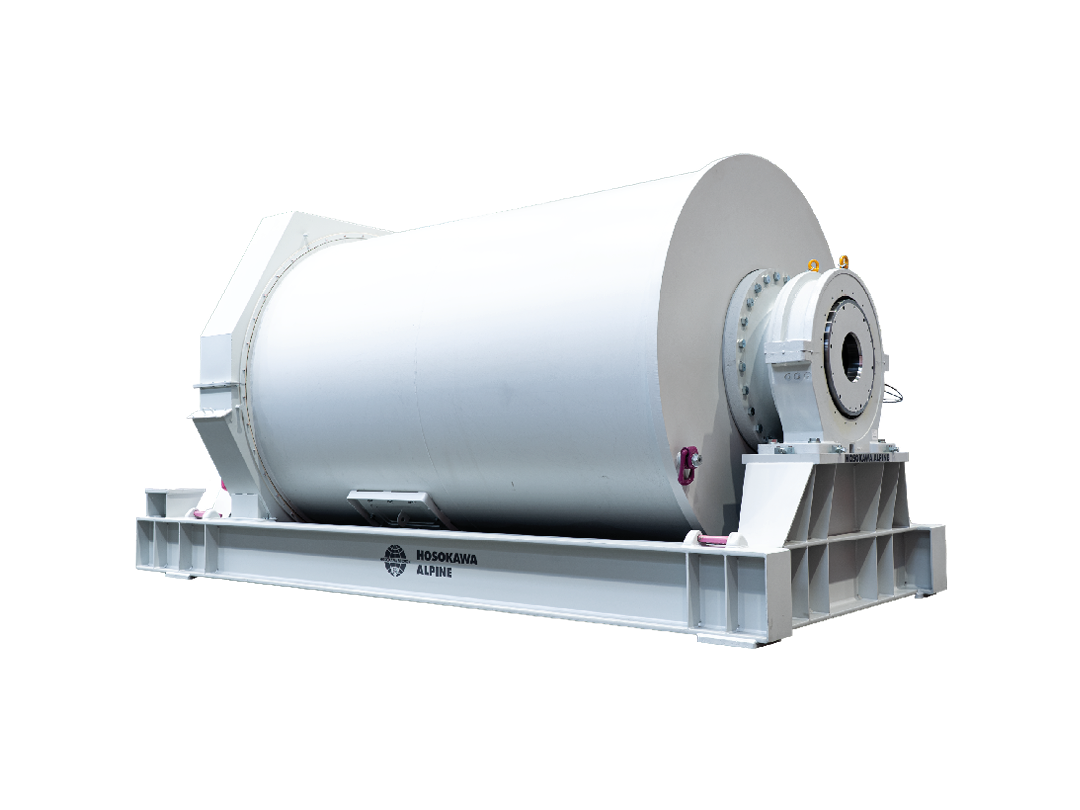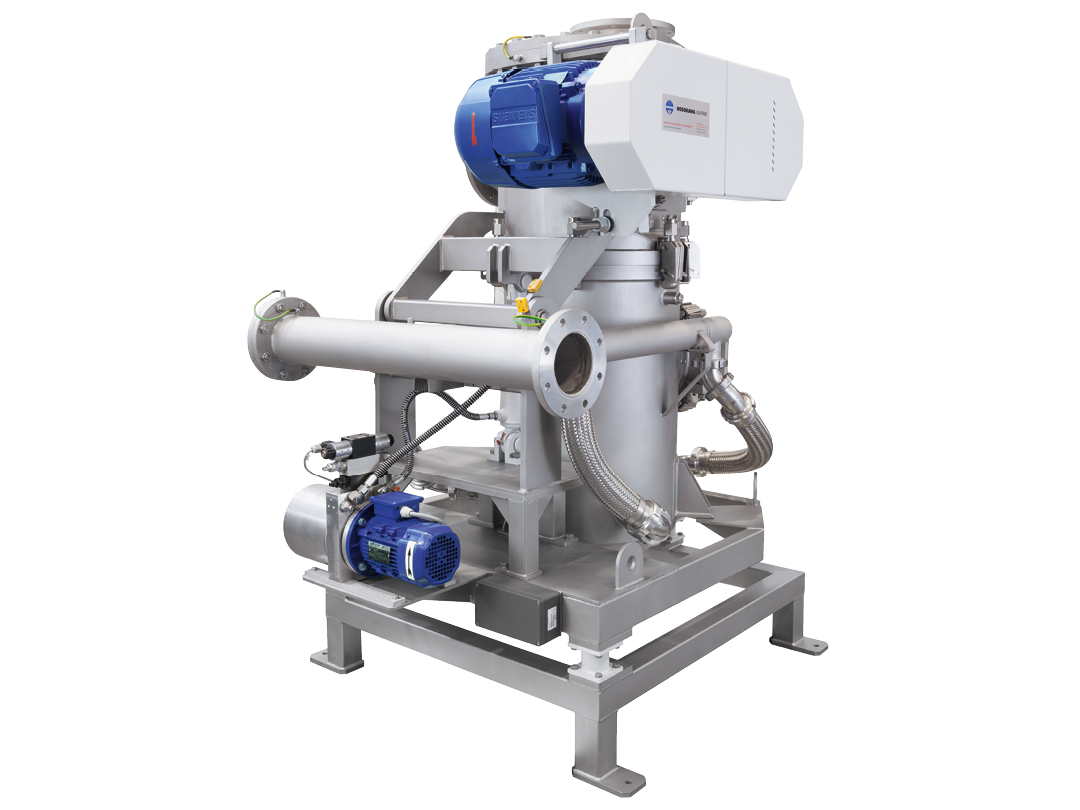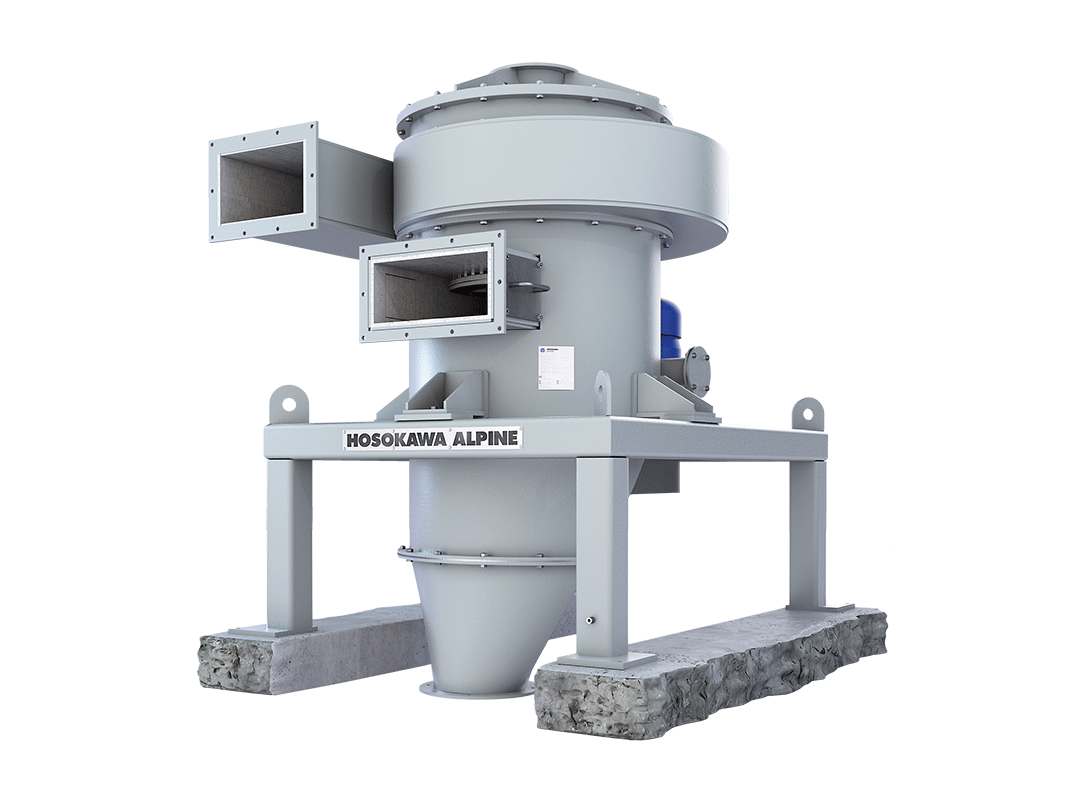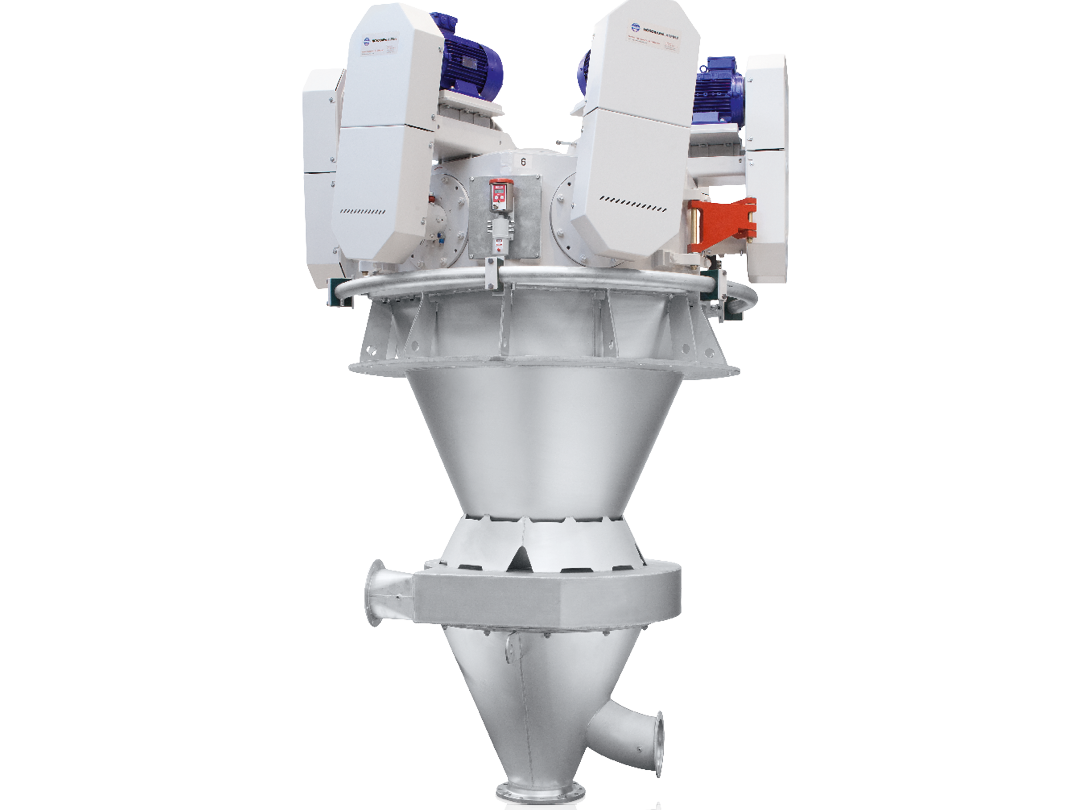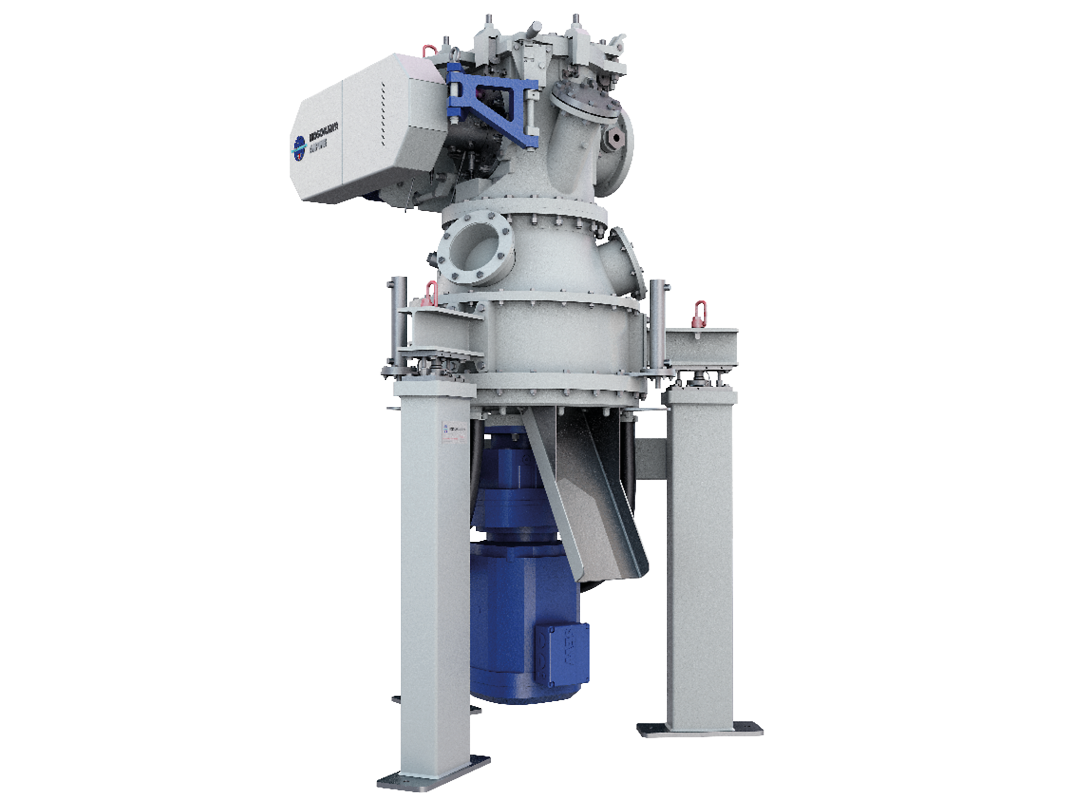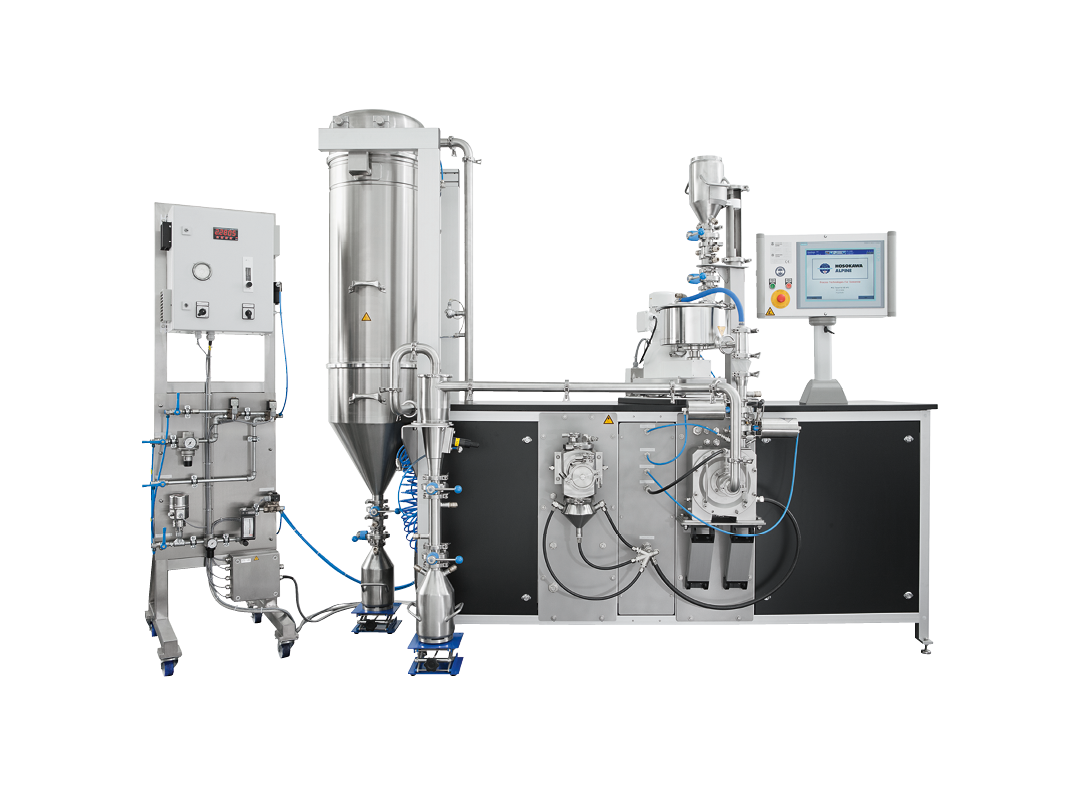Ceramic raw materials
Customised processes for ultra-fine grinding and classification
Ceramic raw minerals like feldspar, quartz, and zircon sand are essential components in the production of ceramics, glass and other high-performance materials. Their specific physical and chemical properties directly influence the quality and performance of the final products.
When processing ceramic raw materials, the production of consistent product quality is essential and is guaranteed at all times with the systems from Hosokawa Alpine. Our advanced grinding technologies enable consistent high-quality processing of ceramic raw minerals such as zircon sand, ceramic pigments, feldspar and glass frits to the desired fineness and quality – ensuring optimum downstream processing.
Your advantages with a solution from Hosokawa Alpine
- Particle size optimization: finer particles ensure better homogeneity and density in ceramic and glass products
- Improved reactivity: A larger specific surface area improves chemical reactions, e.g. during sintering
- Property adjustment: Fine raw materials influence the opacity, colour intensity and mechanical properties of the final products
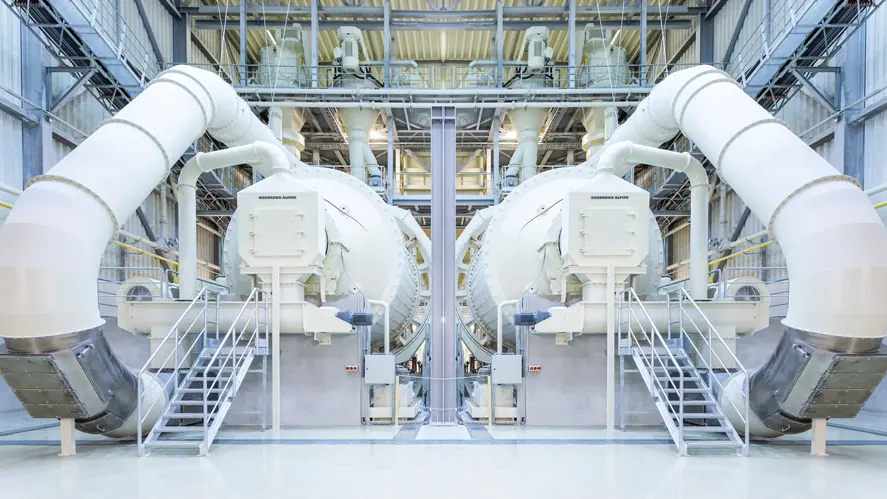
Ball mills: huge and efficient
For all those who want more
Modern ball milling systems (S. O.) guarantee the highest fineness ranges and standard fineness values for fillers in a range of d97 = 3 – 63 μm. Energy consumption is a major cost factor in production. Modern automation and process control are therefore essential. This is the only way to guarantee economic efficiency while maintaining the highest quality and system performance.
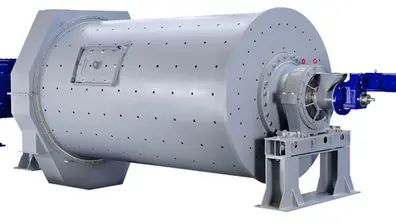
Advantages of the S.O. ball mill
- fineness range d97 = 3 – 63 μm
- low specific energy consumption
- state-of-the-art automation and process control
- maximum capacity
- intelligent machine diagnosis
- optimised ball mill parameters
- high-performance classifiers with maximum fines yield
The key to perfect glazes!
Quartz & Feldspar: Iron-free grinding
Quartz is an essential raw material for industries such as ceramics, glass and electronics, where its purity and physical properties play a crucial role in product performance. Achieving the desired fineness and particle size distribution is key to unlocking its full potential in these applications.
Our advanced ball mill systems, such as the S.O.-SF ball mill combined in direct or in double selection with the Alpine Stratoplex /Alpine Turboplex multi-wheel classifier, offer a cutting-edge solution for quartz processing. These systems are equipped with wear-resistant components like Al2O3 (aluminium oxide) linings and PU (polyurethane), which ensure long service life and low contamination of the end product. Key advantages of our dry grinding technology include:
- High whiteness levels: Preservation of the natural brightness of the quartz for optimum performance in sensitive applications
- Efficient and precise grinding: Consistent particle size control for enhanced product quality.
Our quartz grinding solutions provide the reliability and performance required for high-quality ceramics, pure glass formulations and advanced technical applications.
Delivering high performance
Zircon sand: Dry ball mill grinding
In the ceramics industry, zircon sand is used for glazes, with a basic distinction between two products:
Zircon flour, fineness d99 = 45 μm
Opacifier, fineness d50 = 1,0 μm
Zircon flour is usually produced with dry ball mills in combination with a classifier, while opacifiers are traditionally manufactured by wet grinding. However, with our innovative grinding system –featuring the S.O.-SF ball mill in combination with our ultra-fine Alpine Turboplex multi-wheel classifier in one step – we have revolutionised the production of opacifiers by introducing a fully dry process.
This dry grinding solution offers some decisive advantages over wet processing, including
lower energy costs, as no drying is necessary
steep particle size distributions without oversized particles
easier handling without wastewater management
Industrial achievements:
Zircon opacifier: achieved with Alpine Super Orion Fine Ball Mill
d50 < 1,0 μm 600 kg/h
d50 < 1,2 μm 850 kg/h
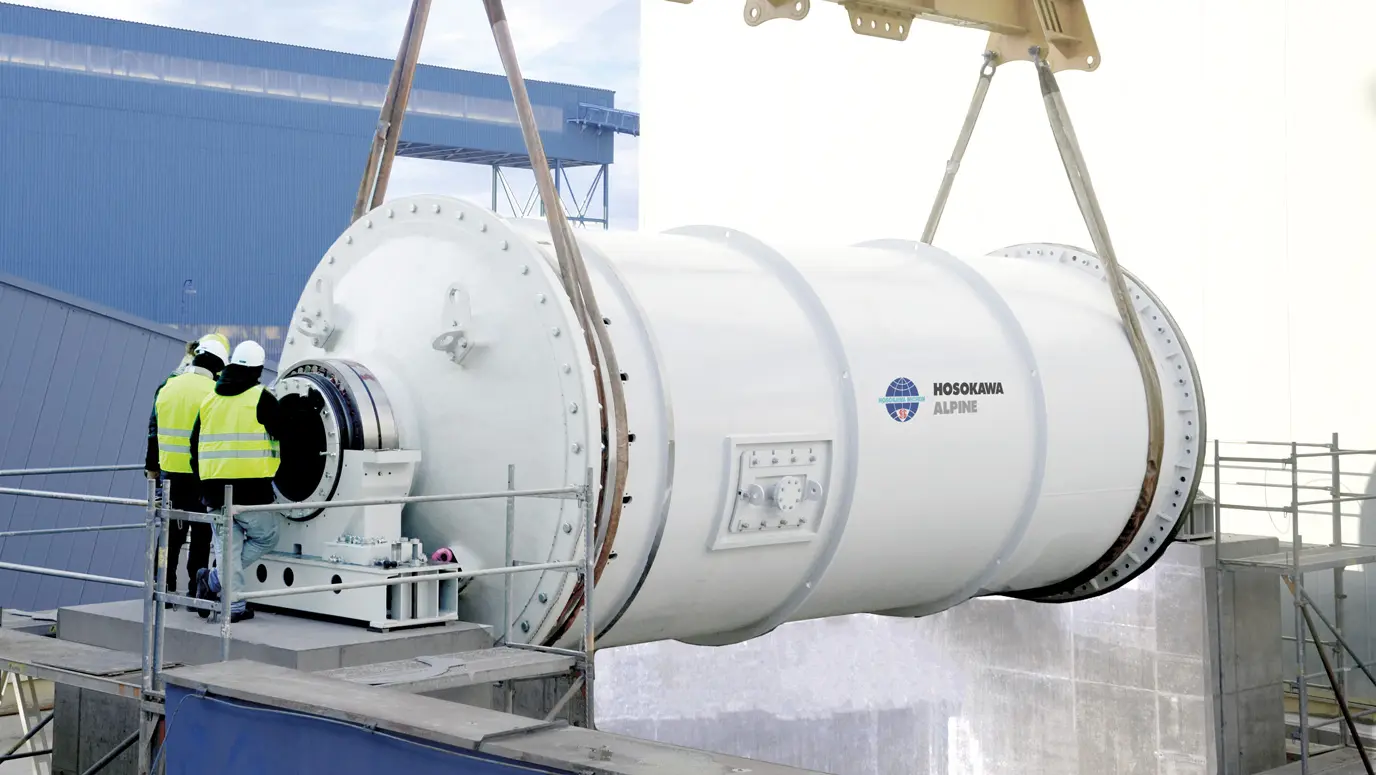
Ceramic pigments
Ultra-fine powders with precise top-size limitations
Ceramic pigments are used to colour a wide variety of ceramic products, such as tableware, sanitary ware, glass, enamel and coloured building ceramics (e. g. the surfaces of roof tiles). In addition to traditional wet processing, the dry processing of ceramic pigments with the Hosokawa Alpine jet mill AFG has established itself for the production of ultra-fine powders with precise top-size limitations.
Optional: The use of hot gas, up to 200 °C, further increases grinding efficiency. Contamination-free processing is essential and is ensured by various wear-protection measures.
Increase the colour intensity with the Pulvis
Unrivalled fineness in dry grinding
The fineness of ceramic pigments directly influences their colour intensity and vibrancy. Finer particles provide a larger surface area, enhancing the interaction between the pigment and the glaze or matrix.
This results in:
- brighter, more saturated colours
- improved coverage
Our advanced dry grinding technologies ensure precise control of particle size, enabling the production of ultra-fine pigments that meet the highest standards for colour performance in ceramic applications. Overall, the Pulvis can achieve finenesses that were previously only possible with wet grinding.
The ATP-PRO classifying wheel
Wear protection meets fineness
The new ATP-PRO classifying wheel considerably improves both product quality and process efficiency.
Equipped with exchangeable vanes, the unique ATP-PRO classifying wheel can be easily retrofitted to any existing system and also offers a level of contamination-free operation that was previously only possible with ceramic classifying wheels.
- Al2O3 wear protection
- Classifying with “vortex”
- Much finer end products d97 < 3,5 μm
- Low pressure drop
- Less rpm
- Exchangeable vanes
- Lower specific energy consumption
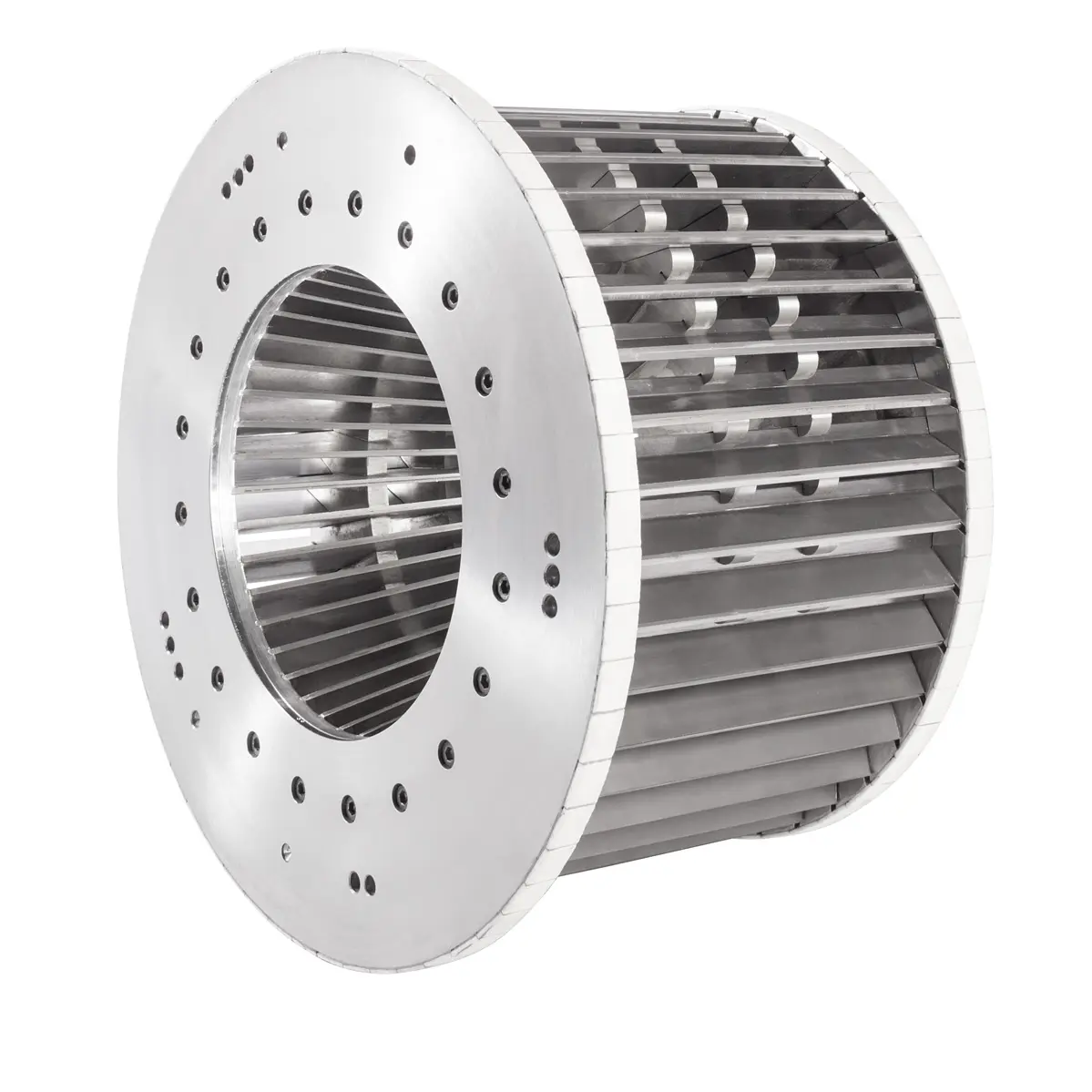
Multiprocessing systems and lab ball mills
From concept to creation
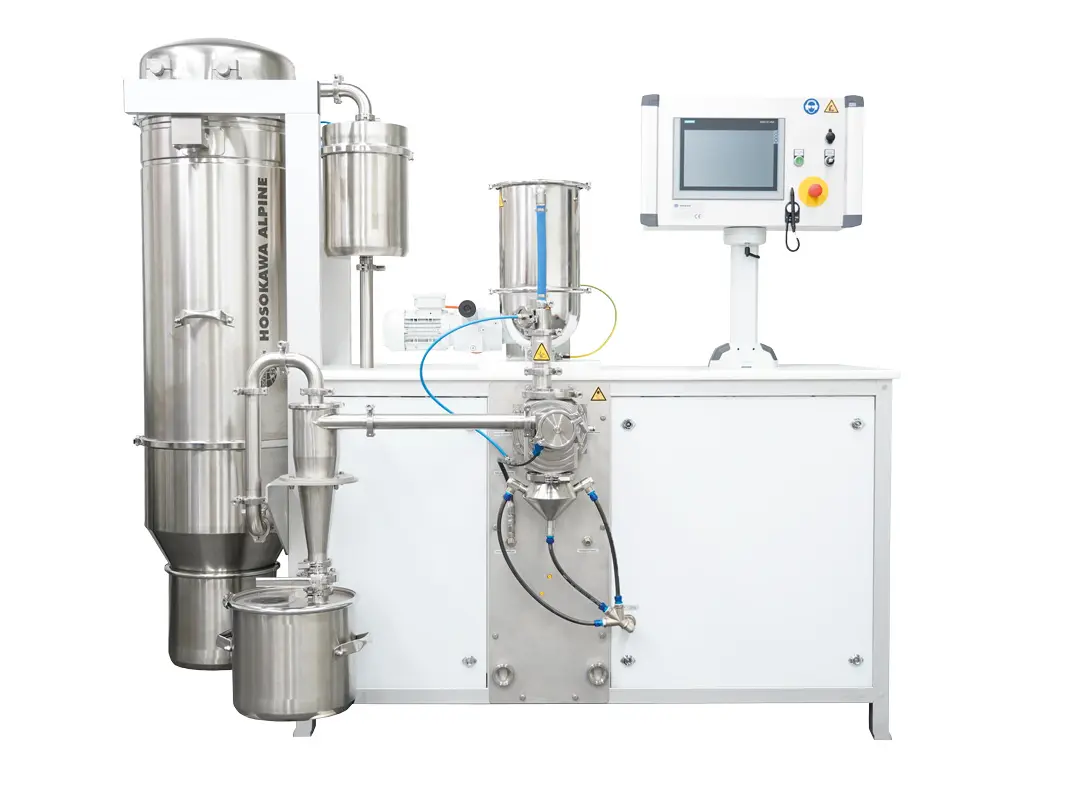
The multiprocessing system is ideal for R&D applications and small batch production and offers maximum flexibility through the use of interchangeable modules. It features well-known and reliable Hosokawa Alpine mills in a compact, smaller design.
Advantages include:
- Exceptional flexibility to adapt to various needs
- Proven Hosokawa Alpine grinding technology in a more compact form
- Small-batch production
- Scalable process technology for future growth
- Quick changeover and assembly times with easy cleaning thanks to optimised disassembly
- Laboratory-scale compact design
- Ready for operation on delivery
- Wear-protection
The laboratory ball mill is ideal for testing ceramic formulations, enabling quick trials with different grades and materials. It allows for quick product change, making it easy to experiment with various ceramic compositions. Key advantages include precise control of grinding parameters, efficient utilisation of small amounts of material and the ability to fine-tune particle size for optimum product performance. The laboratory ball mill is also perfectly aligned with our classifying technologies.
The perfect technology
for the production
